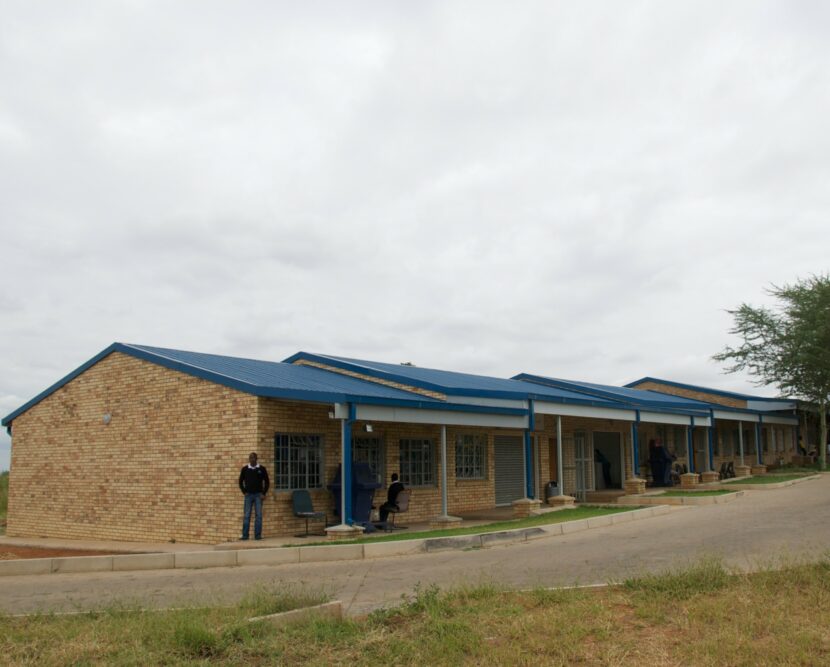The Coronavirus outbreak is reaching new highs every day. The virus tore through Asia then moved to Europe and the Americas, and it looks like it’s also going to wreak havoc in Africa in the near future. The BMW Group announced a financial aid package for South Africa today, during a virtual meeting between the BMW CEO, the German Minister of Cooperation and Development and the South African Minister of Health.
In different times, the meeting would’ve taken place in person, but given the circumstance, technology played an important part. BMW, together with the German Federal Ministry for Economic Cooperation and Development have pledged to provide 750 hospital beds to South Africa, in a bid to help out with the Coronavirus pandemic.
Furthermore, BMW South Africa, which has been doing business in the country at Plant Rosslyn since the 70s, pledged to help out with around 2.7 million Euros.
In addition to that, the Gauteng region, will get 150 mobile oxygen tanks as well masks and disinfectant throughout the month of July. South Africa is currently among the regions of the continent hardest hit by COVID-19. As in many other African countries, there is also a lack of emergency beds, ventilators and laboratory facilities.
“In a global crisis like the Coronavirus pandemic, solidarity is more important than anything else. We provide help where it is needed the most. That is why we are helping develop health infrastructure at our location in Gauteng in cooperation with the German Federal Ministry for Economic Cooperation and Development and the South African government,” said Oliver Zipse, Chairman of the Board of Management of BMW AG.
“The project in Gauteng is part of our Coronavirus emergency program aimed not only at battling the health crisis, but also dealing with the major economic and food crisis in South Africa. In this situation, companies like the BMW Group with a presence on the ground are important partners for German development policy,” said German Minister of Cooperation and Development Dr. Gerd Müller. The Ministry will contribute with 1.6 million euros to the effort.



















































